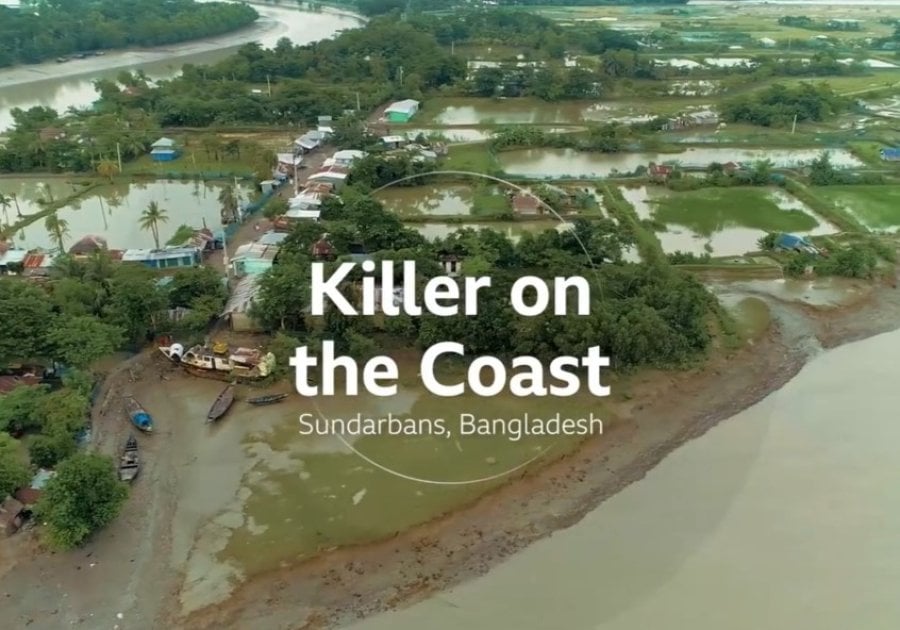
How does climate change cause high levels of salt in the drinking water on the coast in South Bangladesh, and what are the impacts of this on local communities? In this expert opinion piece, Dr Scheelbeek discusses how, with a research team from the University of Dhaka, they discovered the effects of extreme salt levels in the drinking water in coastal Bangladesh through a report from a local gynaecologist of an unusually high number of pregnant women with pre-eclampsia.
Dr Scheelbeek says that, "Initially, I was skeptical: how much salt could someone really consume through water, and even if they did, would it not be a fraction of what they consume through food? I could not have been more wrong." Dr Scheelbeek was recently approached by the BBC to create a short film on the story of salinisation in South Bangladesh as part of the 'Our Planet Earth' series co-produced with Wellcome Trust.
Watch BBC Earth's 'Killer on the Coast, Sundarbans, Bangladesh'
Our postgraduate taught courses provide health practitioners, clinicians, policy-makers, scientists and recent graduates with a world-class qualification in public and global health.
If you are coming to LSHTM to study a distance learning programme (PG Cert, PG Dip, MSc or individual modules) starting in 2024, you may be eligible for a 5% discount on your tuition fees.
These fee reduction schemes are available for a limited time only.
